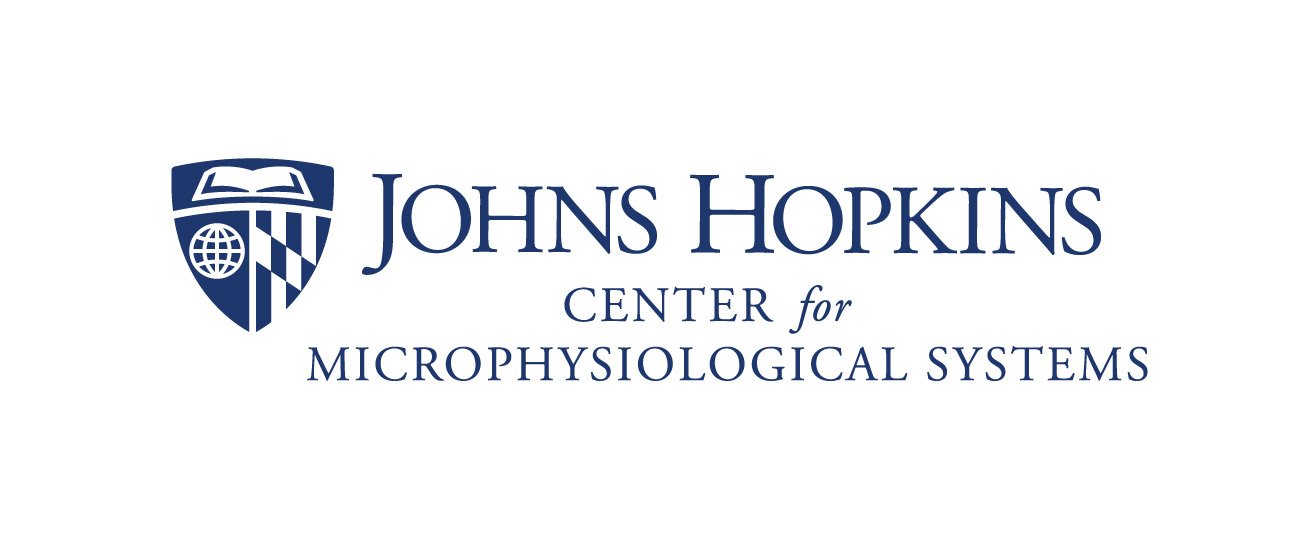What does “Translation” stand for in our MPS world…
Education.
We developed a “first-of-its-kind” MPS course (EN:580.427/580.637) with the inaugural class meeting in 2022. Further, in a close partnership between the School of Medicine and Whiting School of Engineering, we plan to create an NIH T32 predoctoral and postdoctoral training program and NSF summer undergraduate training program in MPS technologies.
Personalized medicine.
The availability of accurate models of human biological systems will allow researchers to peer into the molecular underpinnings of human disease, at all levels from gene to cell to organ, and to test the effectiveness in humans of diagnostics, preventive agents, and treatments. All activities of the CMPS will keep an intensive frontal focus on a core purpose:
to apply MPS technology and tools in order to (a) better understand human disease, and (b) develop diagnostics, preventive methods, and treatments that overcome threats to optimal human health.
To this end, MPS technology development and MPS clinical application go hand in hand.
Commercialization.
Our MPS investigators have > 220 patents of which > 20 are licensed and/or have led to the creation of startups. The interdisciplinary nature of the MPS center will lead to new technologies that we plan to patent and license to industry partners. Furthermore, we aim to develop new start-up companies through Johns Hopkins Tech Ventures to facilitate commercialization of our hiPSC-based disease modeling technologies and biotherapeutics discovered and developed for targeted disease cluster areas.
For licencing and other collaborative opportunitties, please inquire at: mpscenter@jh.edu



